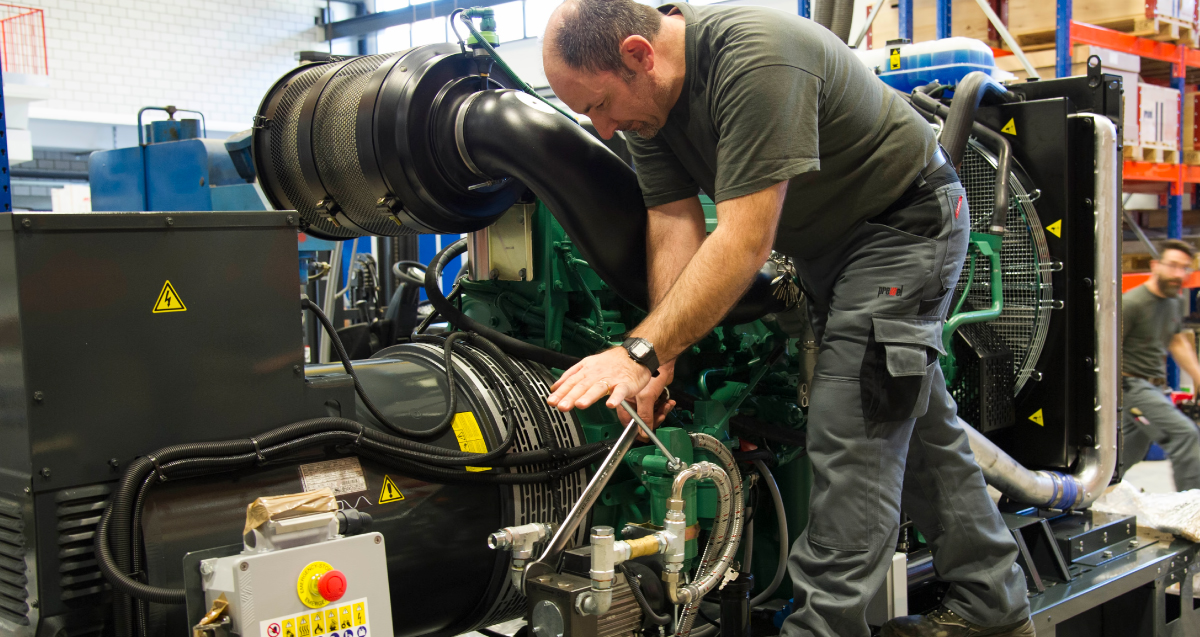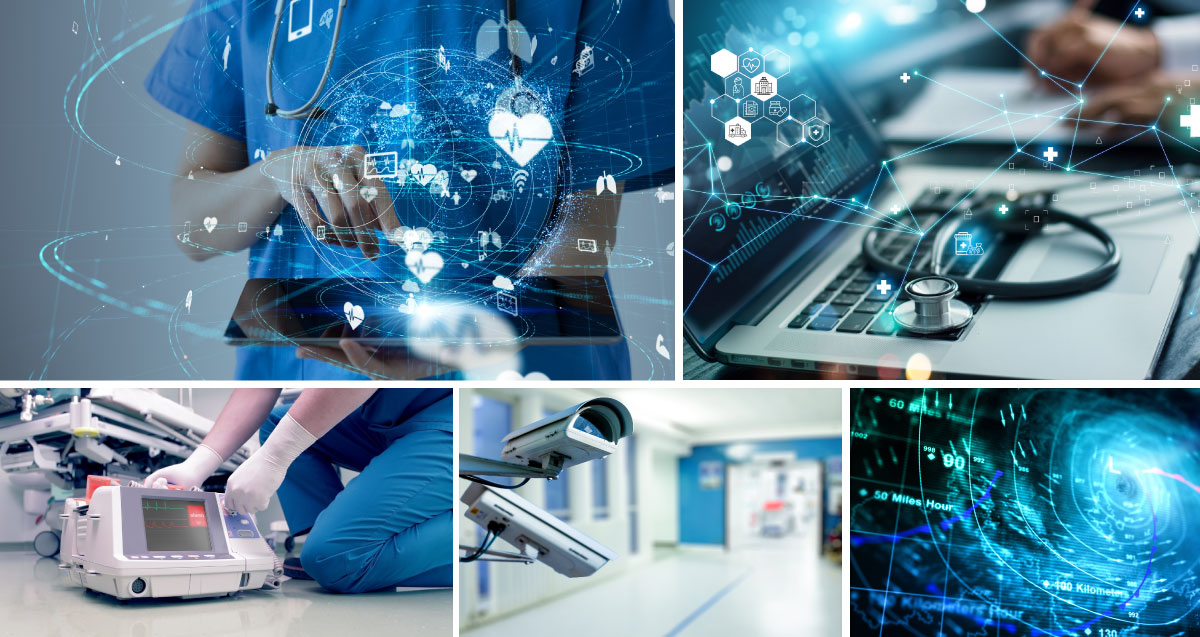Power outages and blackouts are major inconveniences for everyone. However, running dark in some situations isn’t only inconvenient but dangerous and even life-threatening. So, do hospitals have emergency generators, then? Absolutely. Not only do hospitals need a hospital emergency generator, but they also need a hospital backup generator in case something happens with the main one and to keep secondary functions working normally. Let’s learn more about it below.
Regulations and Requirements
In fact, hospitals must comply with emergency power regulations. It means that these facilities typically have uninterruptible power supply (UPS) systems. Hospitals must comply with local and global frameworks to secure the integrity of patients and staff, even during most testing times.
Still, a hospital emergency generator should be ready to take over. The generator should be promptly available if something happens to the main grid during natural disasters or other issues. Investing in an emergency generator set is also a cost-effective way of preventing the loss of expensive medical supplies.

However, there are different systems for different needs. So, the best emergency generator type will depend on the kind of assistance the facility provides and its size. Here are some hospital generator testing requirements:
The monthly testing must result in a document containing the following information, among other details:
-
Date of test
-
Operating temperature
-
Nameplate rating in kW
-
Type of fuel
-
ATS transfer time
-
Temperature during test
-
Oil pressure during the test.
Why Must Hospitals Have Emergency Generators?
The life and safety of patients and staff rely directly on the continuous energy supply. Power outages can have tragic consequences for patients connected to heart-lung machines and other life-supporting equipment. Yet, countless other problems can arise from power outages in such buildings, but here are the main reasons to worry about it:
Life-Supporting Equipment
Patients depending on ventilators, kidney dialysis machines, CPAP (continuous positive airway pressure), oxygen concentrators and others have their lives threatened by power outages. Some of this equipment must keep going uninterruptedly, hence the need for a hospital generator and an emergency backup generator on top of the UPS system.

Communication Breakdowns
Communication is vital for hospitals and support teams. During extreme weather conditions, such as storms and hurricanes, it’s crucial to be able to communicate with them. To allocate incoming patients better, there must be uninterrupted communication between government agencies, on-site emergency teams and healthcare facilities. Once again, an emergency power generator can be the difference between life and death in such situations.
Downtimes
Power outages can also cause considerable financial losses to hospitals, apart from risking everyone’s life. Several supplies depend on tightly controlled temperatures. Otherwise, they’re rendered useless. Certain antibiotics, vaccines and injections are extremely sensitive to temperature. So, prolonged power outages can result in the waste of valuable resources.
Safety
Keeping vital machines working isn’t enough to ensure everyone's safety in a healthcare facility. Lights on corridors and staircases are essential for preventing accidents during an outage. Insufficient illumination in care rooms and patient rooms is also problematic for the staff. So, keeping the entire building well-lit is essential, not only its vital machines, which can be ensured by a hospital backup generator.
Security
If automatic doors and cameras go off, it’s nearly impossible to control the access of unauthorised individuals to the premises. Operating rooms, laboratories and documents become exposed to theft if the security system runs dark. These functions are usually managed by an emergency backup system.
Loss of Medical Records
Cloud-based and other electronic medical records can be lost or become inaccessible during outages. It means that computers must be kept on. Otherwise, the staff may be unable to access a patient’s medical record or update a patient’s condition. Computers are also critical for the maintenance of communication between healthcare facilities.
Types of Generators for Hospitals
Healthcare facilities typically use two different types of an emergency generator. The Level 1 generator is mandatory for every hospital and healthcare facility. It’s the battery that replaces the main grid in case of outages. This kind of generator is responsible for keeping life-support equipment and other crucial equipment running. Most healthcare facilities are sufficiently covered by Level 1 generators, including cancer hospitals.
Level 2 generators are responsible for keeping other functions running, such as lighting and other services. These generators don’t power life-support equipment. Instead, they keep functions and features that the staff could deal with in case of an emergency. Several facilities opt for keeping only Level 1 generators, bearing the hospital generator cost in mind.
Emergency Generators from Premel

You’ll find the best emergency generators for sale at Premel, a Swiss company with a long tradition of supplying and installing emergency power equipment for all purposes.
Premel’s reputation is solidly based on top-notch solutions for industrial and healthcare demands. Since 1947, Premel has provided emergency power systems strictly following ISO 9001 standards.
There’s no need to hire a different company for emergency generator installation as Premel provides the best professionals to cover this service and maintenance routines. Learn more about Emergency Generator Systems from Premel.
